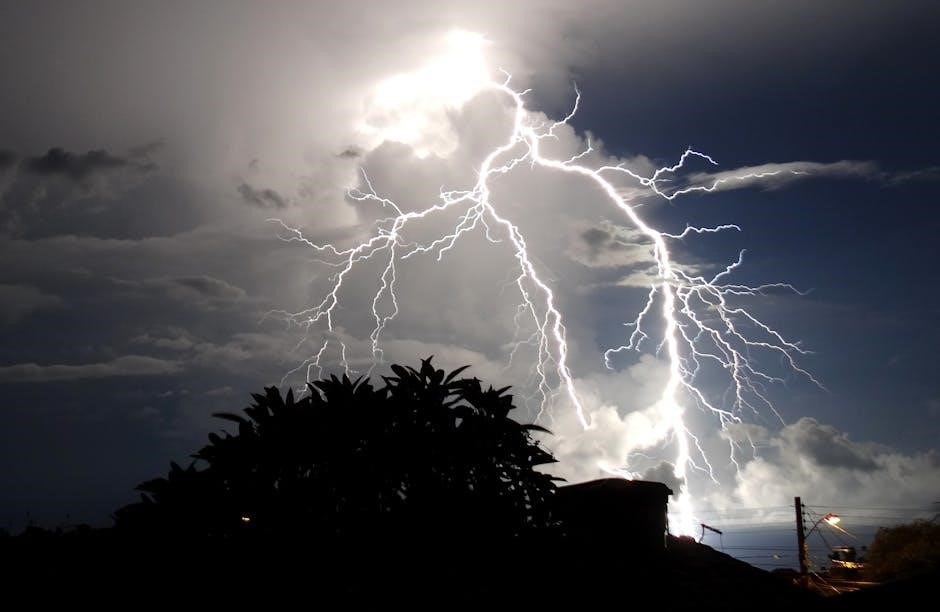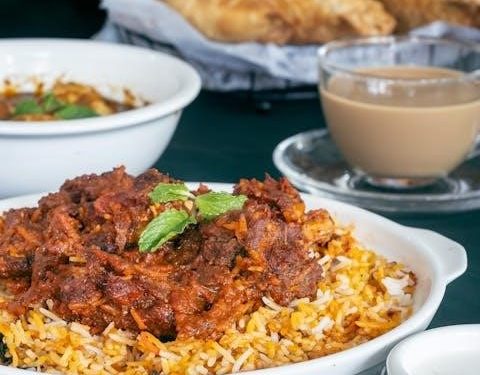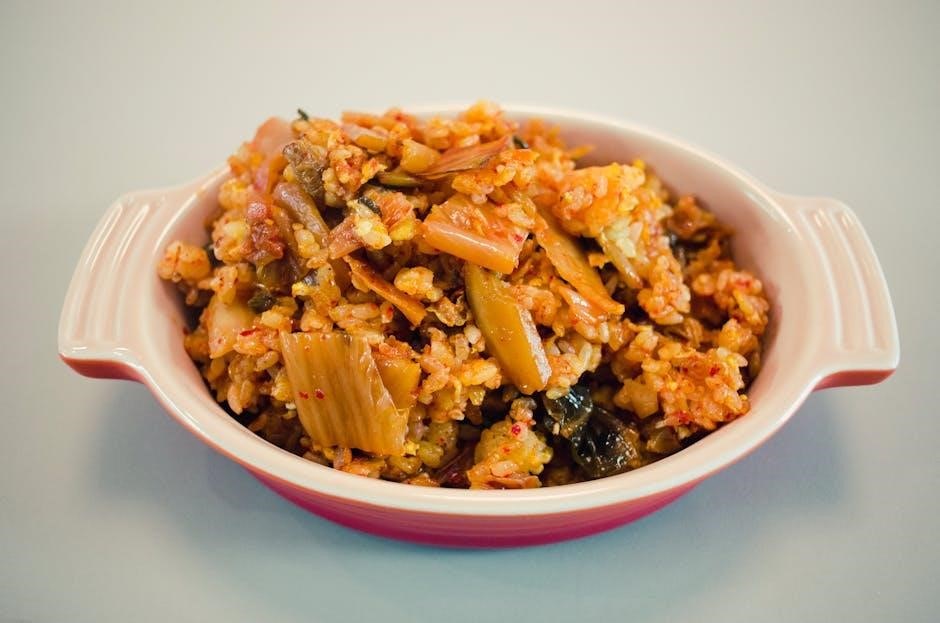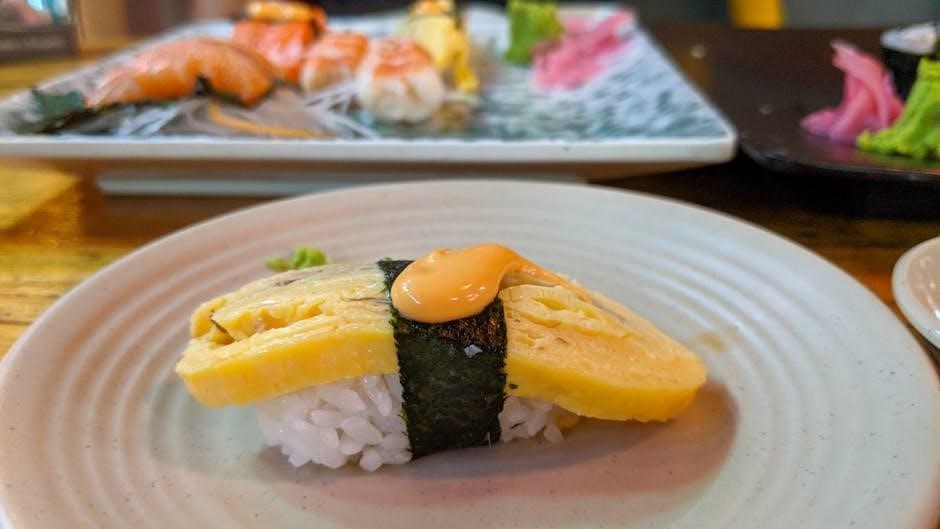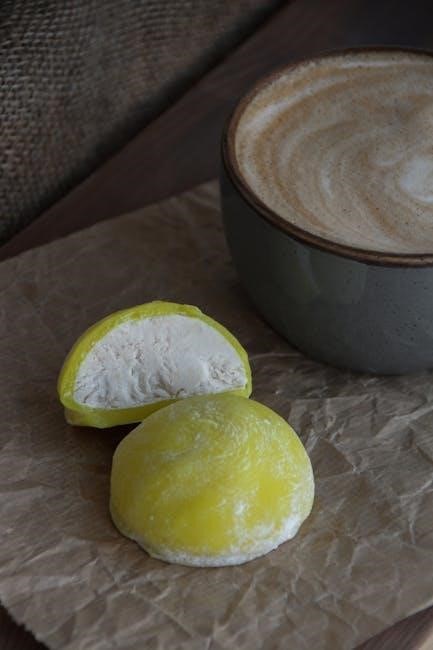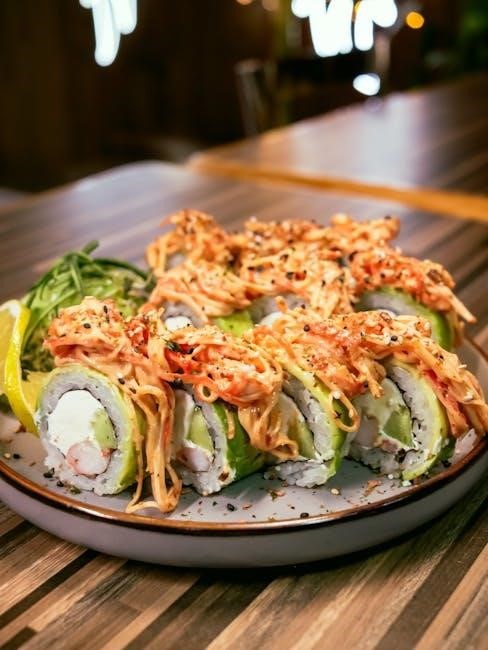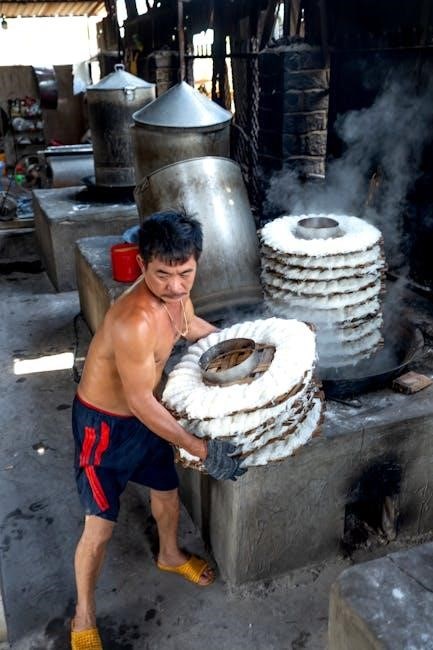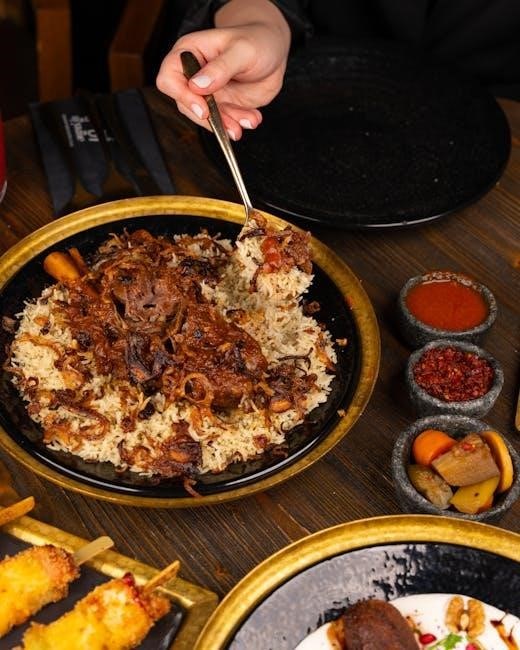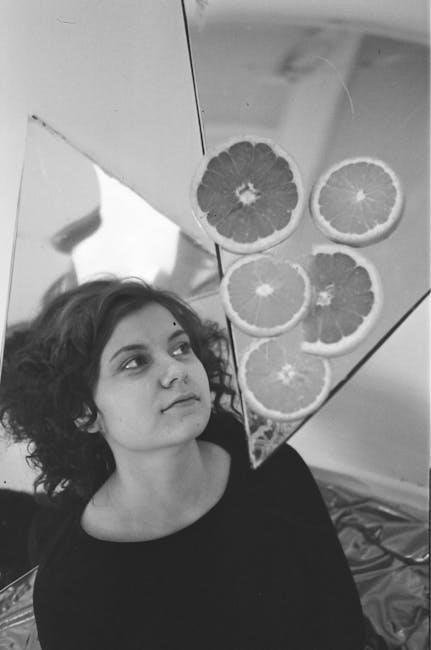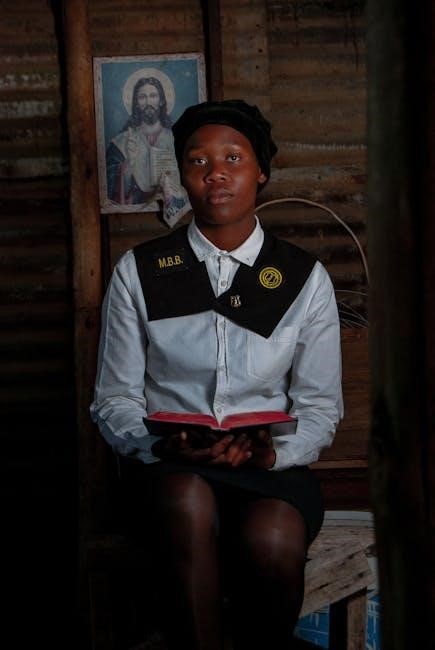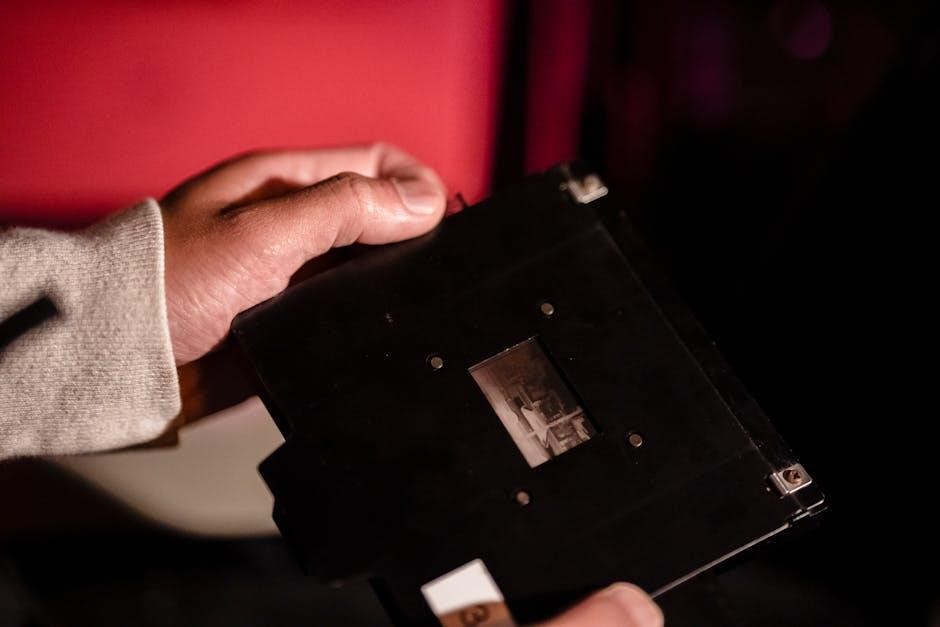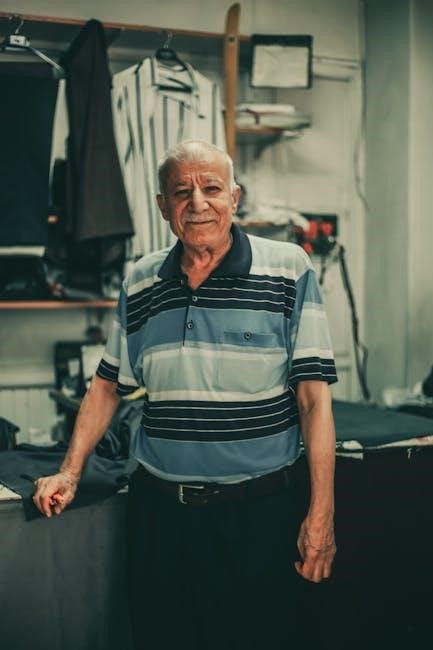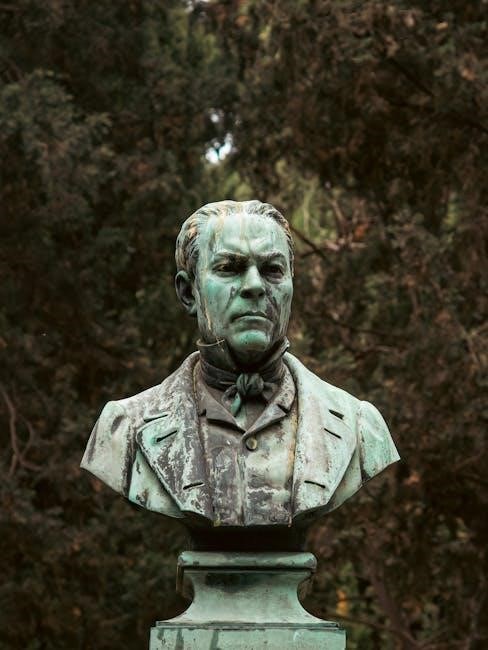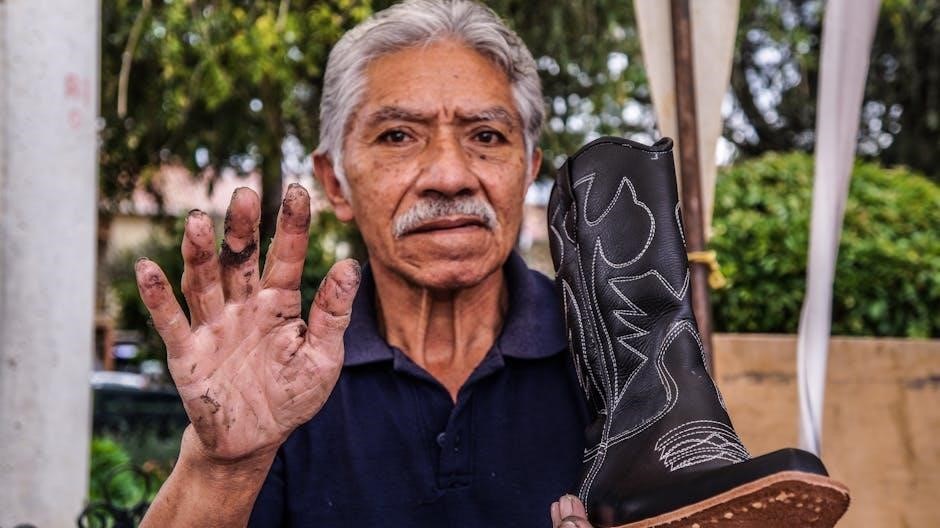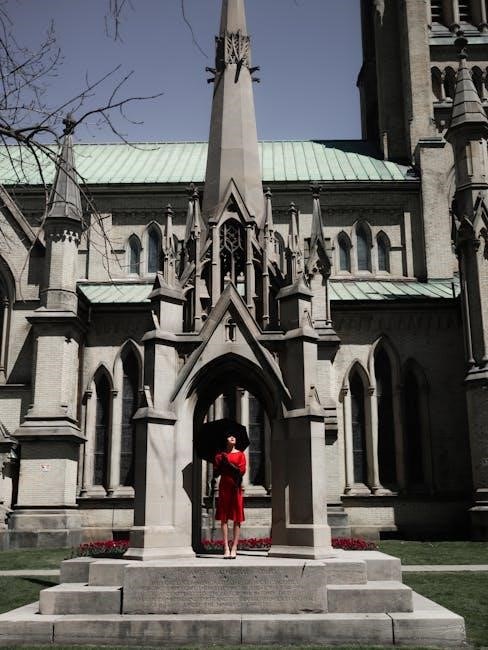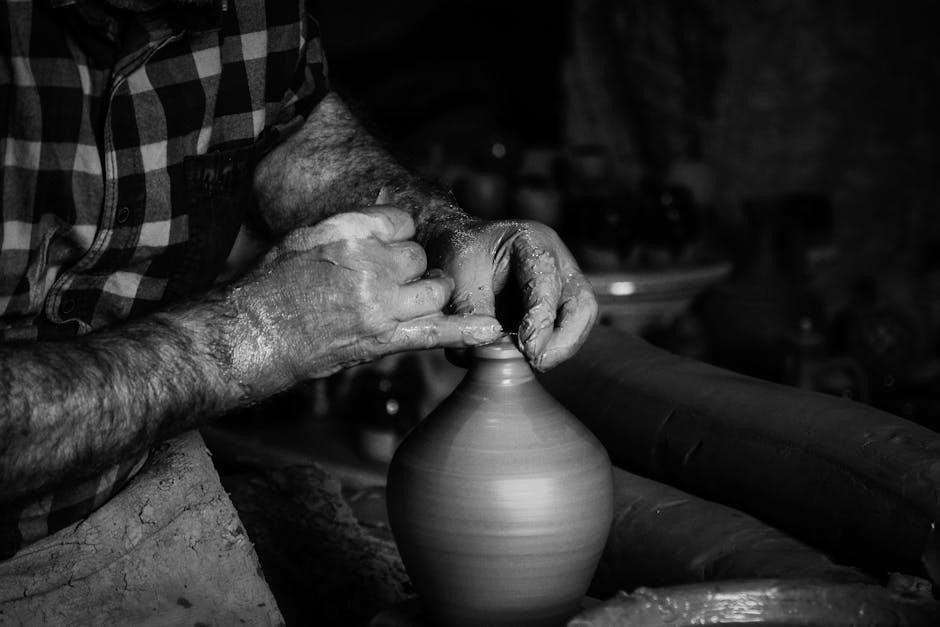AS 3740:2021 Waterproofing – A Comprehensive Overview
AS 3740:2021 details standards for domestic wet area waterproofing, covering materials, design, and installation – a crucial document referenced within NCC 2022․
AS 3740:2021 represents the Australian Standard for waterproofing domestic wet areas, establishing minimum requirements for materials, design, and installation practices․ This standard is pivotal in ensuring the longevity and integrity of buildings by preventing water damage․ It’s a crucial reference point for builders, plumbers, and anyone involved in constructing or renovating wet areas like bathrooms, kitchens, and laundries․
The document outlines specific guidelines to mitigate risks associated with water ingress, protecting both the building structure and its occupants․ Understanding and adhering to AS 3740:2021 is not merely a best practice, but often a legal requirement, particularly as it’s directly referenced within the National Construction Code (NCC) 2022․ Accessing the AS 3740:2021 PDF is essential for compliance․
Scope of the Standard
AS 3740:2021 specifically addresses the waterproofing of domestic wet areas within buildings․ This encompasses showers, bath areas, vanity units, and areas adjacent to water fixtures․ The standard details requirements for both new construction and renovation projects, focusing on preventing water penetration into building elements․ It covers the selection and application of appropriate waterproofing membranes – both sheet and liquid types – and their compatibility with various substrates․
Crucially, the scope extends to detailing critical areas like penetrations and junctions; While the standard provides minimum requirements, it doesn’t dictate specific product choices; rather, it ensures materials meet performance criteria․ Obtaining the AS 3740:2021 PDF provides a complete understanding of its boundaries and application․
Key Changes in the 2021 Update
The AS 3740:2021 update brought significant changes, notably regarding minimum waterproofing heights․ Post-May 30, 2025, the standard mandates waterproofing the entire water-resistant wall lining in shower areas to a minimum of 1800mm above the finished floor․ This represents a substantial increase from previous requirements․ The updated standard also clarifies requirements for membrane selection and installation, emphasizing compliance with Clause 4․11․1 regarding waterproof versus water-resistant materials․
Reviewing the AS 3740:2021 PDF is essential to understand these revisions fully․ The changes aim to improve the durability and performance of waterproofing systems, reducing the risk of water damage and associated building defects․

Understanding Waterproofing Requirements
AS 3740:2021 outlines minimum standards for wet area waterproofing, detailing material selection, design, and installation practices for residential buildings․
Minimum Waterproofing Heights (Post-2025)
Following updates to AS 3740:2021, significant changes to minimum waterproofing heights are enforced after May 30, 2025․ The standard now mandates waterproofing the entire water-resistant wall lining within shower areas to a height of at least 1800mm above the finished floor level․ This represents a substantial increase from previous requirements, aiming to enhance protection against water ingress and potential building damage․
This heightened standard applies to all new construction and renovations involving wet areas․ Compliance with these updated height requirements is crucial for meeting building code regulations and ensuring long-term durability and safety․ Proper implementation, as detailed within the AS 3740:2021 document, is essential for avoiding costly repairs and maintaining structural integrity․
Areas Requiring Waterproofing
AS 3740:2021 specifies that comprehensive waterproofing is essential in all domestic wet areas․ This includes, but isn’t limited to, shower recesses, bathroom floors, and areas surrounding bathtubs․ Crucially, the standard extends beyond these obvious locations to encompass areas prone to incidental water contact, such as splash zones around basins and laundry troughs․
Particular attention, as outlined in the standard, must be given to areas around penetrations – pipes, drains, and fixtures – where water ingress is most likely․ Proper waterproofing extends to floor waste surrounds and any wall linings adjacent to water sources․ The document emphasizes a holistic approach, ensuring complete protection against water damage throughout the wet area, referencing NCC 2022 guidelines․
Waterproof vs․ Water-Resistant Materials
AS 3740:2021 clearly distinguishes between ‘waterproof’ and ‘water-resistant’ materials, a critical understanding for compliant installations․ Waterproof materials, as the name suggests, prevent water penetration entirely, forming an impermeable barrier․ These are mandated for areas directly exposed to water, like shower floors․

Water-resistant materials, conversely, resist water penetration to a degree but aren’t entirely impermeable․ They are suitable for areas with limited or incidental water exposure․ The standard, Clause 4․11․1, dictates the appropriate application of each type, ensuring materials are used as intended․ Correct material selection, guided by AS 3740:2021, is vital for long-term performance and preventing water damage․
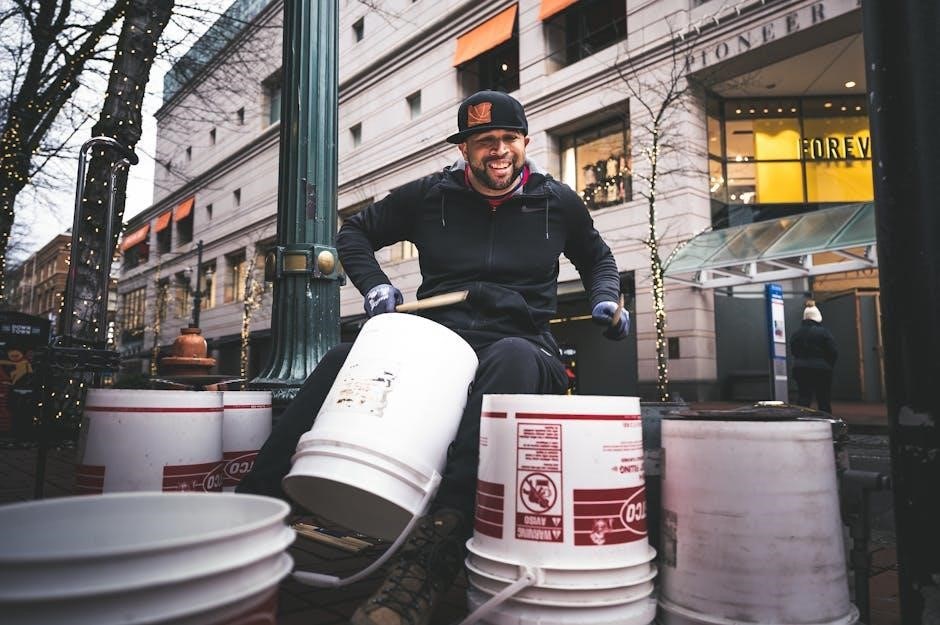
Materials Covered by AS 3740:2021
AS 3740:2021 encompasses both sheet and liquid membrane types, outlining requirements for their application as waterproof or water-resistant solutions in wet areas․
Membrane Types – Sheet Membranes

AS 3740:2021 addresses sheet membranes extensively, detailing their application for waterproofing domestic wet areas․ These membranes, typically composed of polymers like PVC or polyethylene, offer a robust barrier against water ingress․ The standard specifies requirements for membrane thickness, tensile strength, and puncture resistance, ensuring long-term performance․
Proper installation is paramount; AS 3740:2021 emphasizes meticulous surface preparation, including ensuring a clean, dry, and level substrate․ Overlap details and joint sealing are critical areas scrutinized by the standard, demanding adherence to manufacturer’s instructions and best practices․ The document also covers appropriate primers and adhesives for secure bonding, contributing to a durable and reliable waterproofing system․ Compliance with Clause 4․11․1 is essential when selecting and applying sheet membranes․
Membrane Types – Liquid Membranes
AS 3740:2021 also comprehensively covers liquid-applied waterproofing membranes, increasingly popular for their seamless application and versatility․ These membranes, often polyurethane or epoxy-based, form a continuous, rubber-like barrier when cured․ The standard details requirements for film thickness, elongation, and adhesion properties, guaranteeing effective water resistance․
Application techniques are crucial; AS 3740:2021 stresses the importance of proper mixing ratios, application rates, and curing times․ Surface preparation remains vital, demanding a clean, dry, and primed substrate․ The standard also addresses the need for reinforcement at penetrations and corners, enhancing the membrane’s durability․ Adherence to Clause 4․11․1 ensures the chosen liquid membrane meets the necessary performance criteria for domestic wet areas․
Compliance with Clause 4․11․1
AS 3740:2021 places significant emphasis on Clause 4․11․1, dictating that all waterproofing materials – whether sheet or liquid membranes, or water-resistant wall linings – must demonstrably meet specific performance requirements․ This clause ensures materials are fit-for-purpose in domestic wet areas, resisting water penetration and maintaining integrity over time․
Manufacturers must provide evidence of compliance, typically through testing reports verifying properties like water absorption, permeability, and adhesion․ Installers are responsible for using materials as per the manufacturer’s instructions, guaranteeing the installed system performs to the standard’s expectations․ Non-compliance with 4․11․1 can lead to waterproofing failures and potential building defects, highlighting its critical role in successful installations․

Design Considerations for Waterproofing
Effective waterproofing design, per AS 3740:2021, requires careful attention to floor grading, drainage, and wall lining details to prevent water seepage․
Floor Grading and Drainage
AS 3740:2021 emphasizes the critical role of proper floor grading and drainage in effective waterproofing systems․ Water should be directed towards the drain, preventing ponding which can compromise membrane integrity․
Inadequate floor falls, or incorrect drain placement, can lead to water seeping into adjacent building elements – a common waterproofing failure․ The standard doesn’t specify exact falls, but they must be sufficient for effective water removal․
Consideration must be given to the volume of water expected, and the drain’s capacity to handle it․ Properly designed drainage systems, coupled with correct floor grading, are fundamental to a durable and compliant waterproofing installation, as outlined in the standard․
Wall Lining Waterproofing Details
AS 3740:2021 dictates comprehensive wall lining waterproofing, particularly within shower areas․ Post-May 30, 2025, the standard mandates waterproofing the entire water-resistant wall lining to a minimum height of 1800mm above the finished floor․
This extends beyond simply waterproofing the areas directly exposed to water․ The standard emphasizes a continuous membrane application, ensuring complete coverage․ Careful attention must be paid to junctions between wall and floor, and around any penetrations․
Correct detailing is paramount to prevent water ingress and subsequent damage to building structure, aligning with the minimum requirements detailed within the referenced NCC 2022․
Critical Areas – Around Penetrations
AS 3740:2021 highlights areas around penetrations – such as pipes, drains, and fixtures – as particularly critical for waterproofing․ Water ingress frequently occurs at these points due to compromised membrane integrity․
The standard requires meticulous detailing to ensure a watertight seal․ This includes using appropriate sealing compounds compatible with both the membrane and the penetration material․ Proper preparation of the surface around the penetration is also essential for adhesion․
Failure to adequately waterproof these areas can lead to water seeping into adjacent building elements, causing significant structural damage, as outlined in the standard’s guidance․

Installation Best Practices
AS 3740:2021 emphasizes thorough surface preparation and correct membrane application techniques for reliable waterproofing, alongside detailed joint and overlap procedures․
Surface Preparation
AS 3740:2021 places significant emphasis on meticulous surface preparation as a cornerstone of successful waterproofing installations․ Before any membrane application, substrates must be clean, dry, and free from loose particles, dust, grease, oil, or any contaminants that could compromise adhesion․
The standard dictates that surfaces are to be properly leveled and smoothed to ensure uniform membrane contact․ Any cracks or imperfections must be addressed with appropriate repair compounds, fully cured before proceeding․
Priming may be required, depending on the substrate type, to enhance adhesion and create a suitable bonding surface․ Following these preparatory steps diligently is crucial to prevent future waterproofing failures and maintain compliance with AS 3740:2021 requirements․
Membrane Application Techniques
AS 3740:2021 outlines specific techniques for both sheet and liquid membrane applications․ For sheet membranes, careful attention must be paid to proper overlap details, ensuring they meet the manufacturer’s specifications and the standard’s requirements․ All seams need to be firmly bonded, utilizing appropriate adhesives or welding methods․
Liquid membranes demand consistent application thickness, achieved through multiple coats if necessary, and adherence to specified drying times between applications․
Regardless of the membrane type, avoiding air entrapment during application is vital․ Proper detailing around penetrations, corners, and changes in plane is paramount, as these areas are prone to failure if not executed correctly, as per AS 3740:2021 guidelines․
Joint and Overlap Details
AS 3740:2021 places significant emphasis on meticulous joint and overlap detailing for waterproofing membranes․ Sheet membranes require overlaps that adhere strictly to manufacturer’s instructions, typically involving a minimum overlap width and appropriate sealing methods – welding or compatible adhesives․ These details are critical to prevent water ingress․
For liquid membranes, attention must be given to creating seamless transitions at joints, often achieved through reinforcing fabrics or additional membrane layers․
All joints and overlaps must be thoroughly inspected to ensure complete adhesion and integrity, as improper detailing is a common cause of waterproofing failures, as highlighted in AS 3740:2021․

Testing and Commissioning
AS 3740:2021 mandates water testing procedures to verify waterproofing system integrity, alongside comprehensive documentation requirements, as referenced in NCC 2022․
Water Testing Procedures
AS 3740:2021 outlines rigorous water testing procedures crucial for verifying the integrity of installed waterproofing systems․ These tests, essential for compliance, typically involve containing water within the waterproofed area for a specified duration – often 24 to 48 hours – to observe for any leakage or signs of water penetration․
The standard details specific methods for conducting these tests, including filling shower recesses or other wet areas to designated levels and carefully inspecting surrounding areas, like adjacent walls and floors, for moisture․ Proper documentation of the testing process, including dates, times, water levels, and observed results, is paramount․ Successful completion of water testing, as per AS 3740:2021, provides confidence in the waterproofing system’s performance and is often a prerequisite for final building approval․
Documentation Requirements
AS 3740:2021 emphasizes comprehensive documentation as a critical component of waterproofing compliance․ Detailed records must be maintained throughout the entire process, starting with product specifications and material data sheets for all waterproofing membranes and related materials used․
Installation records, including dates, installer details, and photographic evidence of key stages – particularly surface preparation, membrane application, and joint sealing – are essential․ Crucially, documentation of water testing procedures, including test duration, water levels, and observed results, must be meticulously recorded․ This documentation serves as proof of compliance with AS 3740:2021 and may be required for building inspections and approvals, ensuring a robust audit trail for the waterproofing system․
NCC 2022 Reference
The National Construction Code (NCC) 2022 directly references AS 3740:2021, establishing it as the benchmark for waterproofing in Australian residential buildings․ This integration means adherence to AS 3740:2021 is often a mandatory requirement for building compliance․ Specifically, NCC 2022 utilizes AS 3740:2021’s guidelines for wet area waterproofing, including minimum heights, material specifications, and installation practices․
Building certifiers will assess waterproofing installations against both NCC 2022 and AS 3740:2021 standards․ Therefore, understanding the requirements outlined in AS 3740:2021 is vital for builders, plumbers, and anyone involved in wet area construction to ensure projects meet the necessary regulatory approvals and maintain building integrity․

Common Waterproofing Failures
Failures often stem from improper membrane installation, inadequate surface preparation, or issues around penetrations—critical areas demanding meticulous attention to detail․
Improper Membrane Installation
Incorrect membrane application is a frequent cause of waterproofing failures, directly violating AS 3740:2021 standards․ This includes insufficient overlaps between membrane sheets, leading to pathways for water ingress․ Poorly applied liquid membranes can exhibit inconsistent thickness, compromising their protective barrier․
Furthermore, inadequate detailing around penetrations – such as pipes or drains – often results in leaks․ Incorrectly sealed joints and improperly terminated membranes create vulnerabilities․ Following the standard’s guidelines for membrane application techniques is paramount․ Proper installation ensures a continuous, watertight seal, preventing water from seeping into adjacent building elements and causing structural damage, as highlighted by common failure analyses․
Inadequate Surface Preparation
AS 3740:2021 emphasizes thorough surface preparation as foundational to successful waterproofing․ Failure to properly prepare substrates – like tiles or concrete – is a leading cause of membrane failures; Dust, dirt, grease, or existing contaminants prevent adequate adhesion of the waterproofing membrane, creating weak points․
Cracks or uneven surfaces must be addressed before application, as these can compromise the membrane’s integrity․ The standard requires surfaces to be clean, dry, and structurally sound․ Ignoring this step results in delamination, blistering, or cracking of the membrane, allowing water penetration․ Proper preparation ensures a strong bond and a durable, long-lasting waterproofing system, as outlined in the standard’s requirements․
Failure Around Penetrations
AS 3740:2021 highlights that areas surrounding penetrations – pipes, drains, and fixtures – are particularly vulnerable to waterproofing failures․ These points disrupt the continuity of the membrane, creating potential pathways for water ingress into adjacent building elements․
Improper sealing around penetrations, insufficient overlapping of the membrane, or inadequate detailing can lead to leaks and structural damage․ The standard mandates specific detailing requirements for these critical areas, including the use of compatible sealants and reinforcing materials․ Water seeping through these points can cause significant issues, emphasizing the need for meticulous attention to detail during installation, as per the standard’s guidelines․

Resources and Further Information
Standards Australia provides detailed descriptions and access to the AS 3740:2021 standard, outlining waterproofing requirements for domestic wet areas․
Standards Australia – AS 3740:2021 Details
AS 3740:2021, published by Standards Australia, comprehensively outlines the minimum requirements for waterproofing within domestic wet areas of buildings․ This crucial standard addresses materials, design considerations, and proper installation techniques to prevent water ingress and potential building damage․ It’s a key reference point for builders, plumbers, and anyone involved in wet area construction․
The standard details specifications for both sheet and liquid membranes, ensuring compliance with Clause 4․11․1 regarding waterproof versus water-resistant materials․ It’s directly referenced within the National Construction Code (NCC) 2022, making adherence essential for legal compliance․ Accessing the official PDF document is vital for understanding the complete scope and detailed requirements of the standard․
Accessing the AS 3740:2021 PDF
Obtaining the official AS 3740:2021 PDF document is crucial for anyone working with wet area waterproofing․ Standards Australia is the primary source; however, accessing it typically requires a purchase through their online store․ Several building industry suppliers and technical information providers also offer the standard for sale as a downloadable PDF․
Ensure you are sourcing the document from a reputable provider to guarantee you have the latest, official version․ Be aware of potential costs associated with purchasing the PDF, which can vary depending on the vendor․ Having direct access to the PDF allows for detailed review of all requirements, ensuring full compliance with NCC 2022 and best practices․
Relevant Building Codes and Regulations
AS 3740:2021 is intrinsically linked to the National Construction Code (NCC), specifically NCC 2022․ The NCC references this standard as the minimum requirement for waterproofing in domestic wet areas, ensuring building compliance across Australia․ State and Territory building regulations may also incorporate or expand upon the requirements detailed within AS 3740:2021․
Understanding these interconnected regulations is vital for builders, plumbers, and specifiers․ Compliance with both the NCC and AS 3740:2021 is essential to avoid potential issues during building inspections and ensure the longevity and integrity of waterproofing systems․ Always consult the latest versions of both the NCC and the standard․









